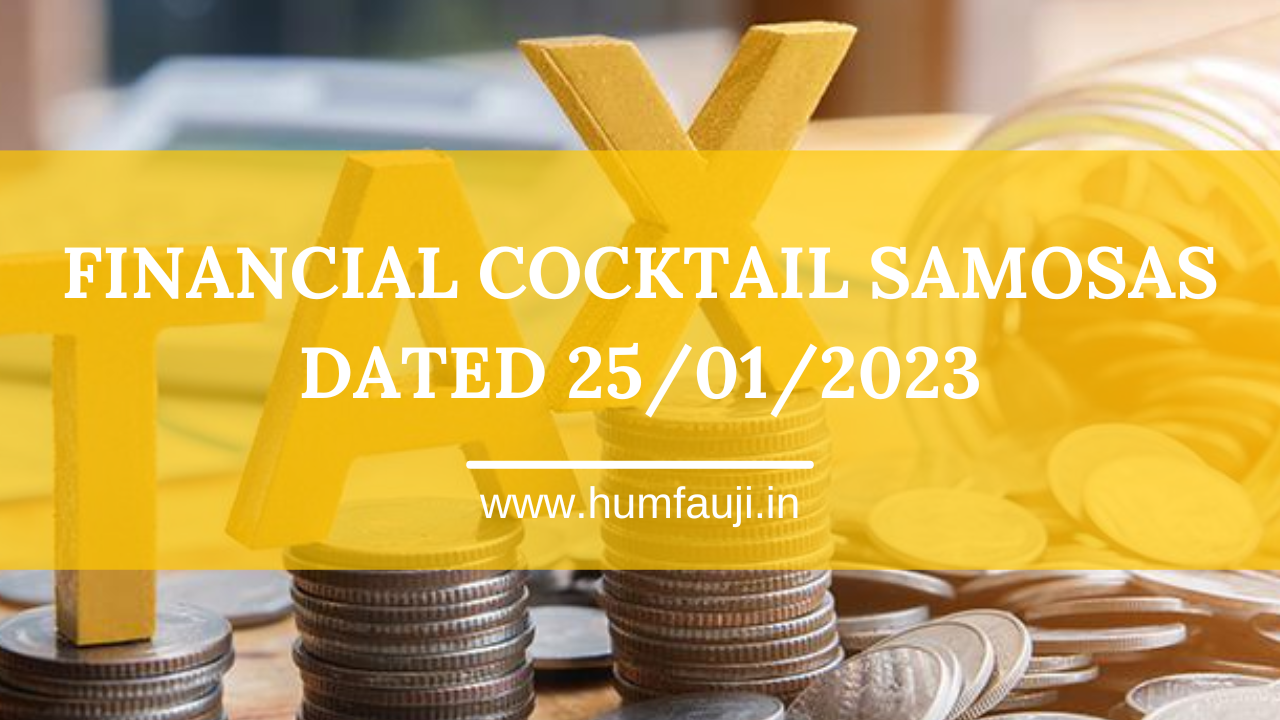Common Mistakes Taxpayers Can Avoid While Saving Tax
- Not utilising the Section 80C Limit: As an individual taxpayer, you are eligible for tax deductions up to Rs. 1,50,000 u/s 80C. However, many are not aware of this fact and often end up paying higher taxes. Do not let it get surrendered.
- Delaying Tax-Saving Planning: People often delay tax-saving planning until the end of the financial year and later end up taking an impulsive decision at the last minute. Don’t wait till March, start planning for it at the earliest and consult your financial advisor if you’re not sure about it.
- Investing In Tax-Inefficient Schemes: Generally, people keep most of their investments in fixed deposits for years and end up paying high taxes continuously. Tax saved is money earned. Explore tax-efficient schemes like Provident Funds and tax-saving mutual funds (ELSS). Similarly, invest in debt mutual funds for a time horizon of 3 years or more to save about 60-70% in tax through indexation benefits while being invested in very safe products.
- Investing In Insurance-Cum-Investment Products: A common mistake people do is mixing investments with insurance with a mistaken notion of saving tax. Stay away from inefficient investment products such as endowment plans as these have long tenure, low liquidity, hefty surrender charges, and very low returns. Ultimately, you neither get a good insurance cover nor any worthwhile returns, a lose-lose preposition for you.
- Not linking to goals: Many people put their hard-earned money in financial instruments that are not aligned to their needs. It is not wise to put money merely for saving tax; instead link the investments to your long-term goals such as your child’s education or for your retirement.
You must pay taxes. But no law says you have to leave a tip.
(Contributed by Yogesh Gola, Financial Planner, Team Vikrant, Hum Fauji Initiatives)
Be Very Very Careful if You Invest in a NFO
When an asset management (mutual fund) company launches a new fund, it first opens it up for a subscription for a few days to raise money for buying securities initially, to get it off the ground. This entire process is called NFO or New Fund Offer.
Now let’s look at some reasons why we think you should avoid them completely –
- No Track Record: The fund being launched in a NFO is new without any track record. In the absence of any history, you wouldn’t know whether the fund house has the expertise to manage the new preposition. So, if a fund is launched in a category where older funds already exist, picking a fund with a track record makes a lot more sense.
- There is no benefit of investing in the NFO period: People look at NFOs as they look at IPOs of stocks and think they will get benefitted if the demand for that fund increases, just like it happens in stocks. This notion can’t be further truth. The number of units available in stock is limited; so their price goes up if there is more demand. On the contrary, there is no limit to how many units a mutual fund can have.
- Higher Cost: Every fund charges a fee to manage your money called the expense ratio. A higher expense ratio means you pay a higher fee and it affects the returns you get. Since the fund size is small when initially launched, AMC has the flexibility to keep the expense ratio on the higher side.
- Launch Timing: Just because a fund is launched doesn’t necessarily mean it is the right time to invest in that fund category especially if the trigger is merely market demand or marketing hype and no real fundamentals.
Investing in NFOs is like a shot in the dark. It will be wise to opt for an existing scheme that has a proven track record instead of going for something new and/or unpredictable.
(Contributed by Sweta Kumari, Financial Planner, Team Arjun, Hum Fauji Initiatives)
Which is the Best Option for Buying Gold for Investment?
- Physical Gold:- People generally buy gold bars, coins, and jewellery to invest in physical gold. Physical gold gives a feeling of ‘possession’ but may not be the best way to ‘invest’ in Gold. Physical gold comes with many risks like purity, dangers of theft, etc. In addition, physical gold has additional charges like making charges, GST, Locker charges, Wealth Tax and TDS imposed on it.
- Gold ETFs:- An ETF is a passive investment that represents physical gold, because of real-time gold pricing. There is transparency in the holdings of ETFs as One Gold ETFs unit is equal to One gram of physical gold backed by a very high purity of physical gold. It also has charges like Fund Management, Brokerage and Administrative charges payable, though they are quite low.
- Gold Funds:- Gold funds are open-ended mutual fund schemes that invest in physical gold, and stocks of gold mining companies. They have charges like expense ratio and exit load imposed but they also have large flexibility in investment and withdrawal while getting the current gold price.
- Sovereign Gold Bond:- SGBs are substitutes of physical gold issued by the RBI on behalf of the Government of India in the denomination of 1 gram of gold with a maturity of 8 years and lock-in free after the 5th year. Capital gains from SGBs are exempted from taxation if an investor holds it till maturity. There would be brokerage charges and one gets 2.5% interest per annum payable semi-annually. Maturity is at the market price of Gold.
Out of the above, SGBs are the most suitable long-term options while for the short term, gold mutual funds are better. An investor can also invest in gold through multi-asset mutual funds as they invest in a combination of equity, debt, and gold.
(Contributed by Ujjwal Dubey, Associate Financial Planner, Team Prithvi, Hum Fauji Initiatives)



